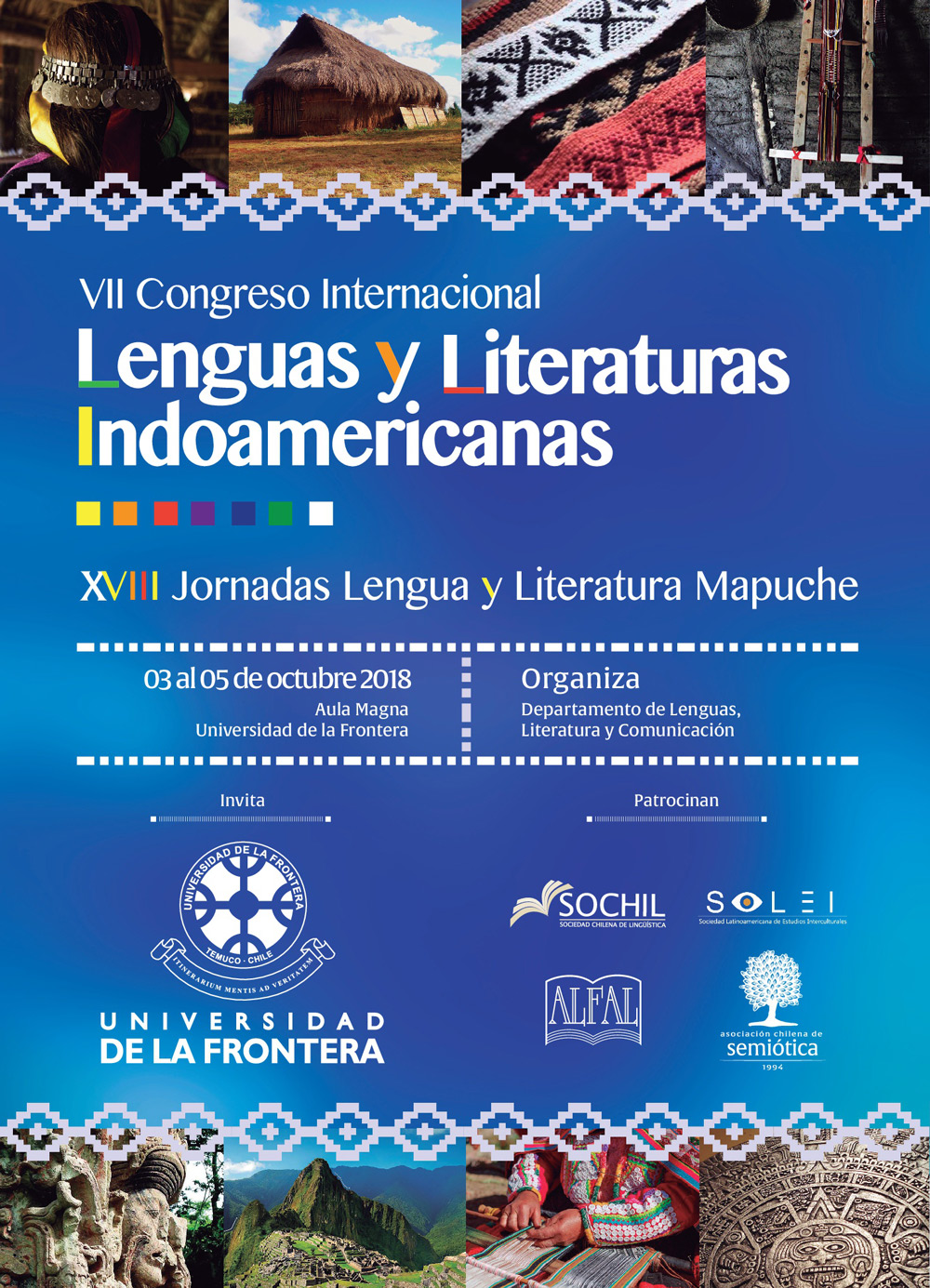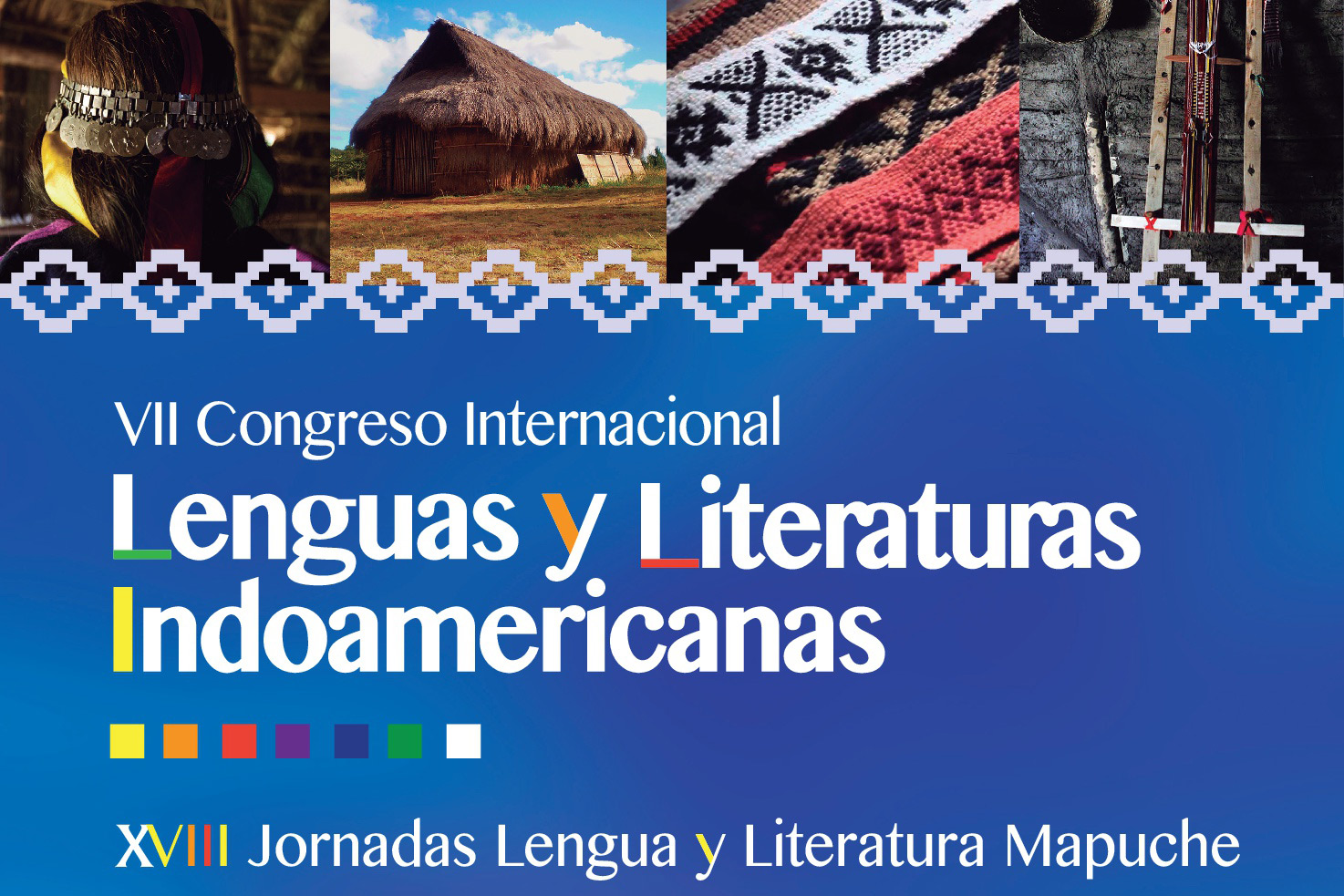The 7th International Congress of Indoamerican Languages and Literatures and XVIII Days of Mapuche Language and Literature took place in Temuco between October 3 and 5, and ESE: O formed part.
In the Aula Magna of the Universidad de la Frontera, Soledad Falabella presented “Poetics of Identity: Resistance and Good Living in Wenu Pelon by the Mapuche cultural activist Francisco Huichaqueo.”
Como se establece en la convocatoria, “El Congreso tiene como propósito ofrecer un espacio de reflexión y diálogo a los estudiosos e investigadores de las lenguas, la literatura, la comunicación, la cultura y las artes indígenas de los diversos pueblos originarios de América.
As stated in the call, “The purpose of the Congress is to offer a space for reflection and dialogue to scholars and researchers of the languages, literature, communication, culture and indigenous arts of the various indigenous peoples of America.
This congress has become a traditional instance where a critical and constructive dialogue that seeks to put at the forefront the different expressions of the Indo-American cultures is stimulated, understanding these as subject to processes of invisibility and creole colonialisms that have been developing since the 19th century with the installation of the Latin American nation-state projects. For this reason, we collect the conflict in its different names, such as, for example, the “great crime of the nineteenth century,” “the wars against the native indians,” or “ethnic genocide.”
The discussion and dialogue will be dedicated to the present, past and future situation of the linguistic, literary, communicative, cultural and artistic expressions of the amerindian peoples in a broad sense that includes reflections on topics such as poetic creation, narrative, languages in contact, revitalization and linguistic policies, painting, textiles and intercultural communication.
The Congress, with an academic tradition of more than 30 years, which originally focused on the study of the Mapuche language and literature, has been enriched by the different contributions of national and foreign researchers who study amerindian subjects. The current call, aware of the historical scenario experienced by the indigenous peoples of the Americas, considers the presence of researchers, scholars and academics to be essential in order to keep this tradition alive and continue revealing the silenced realities. “
For more information: http://www.lenguasyliteratura.cl/


